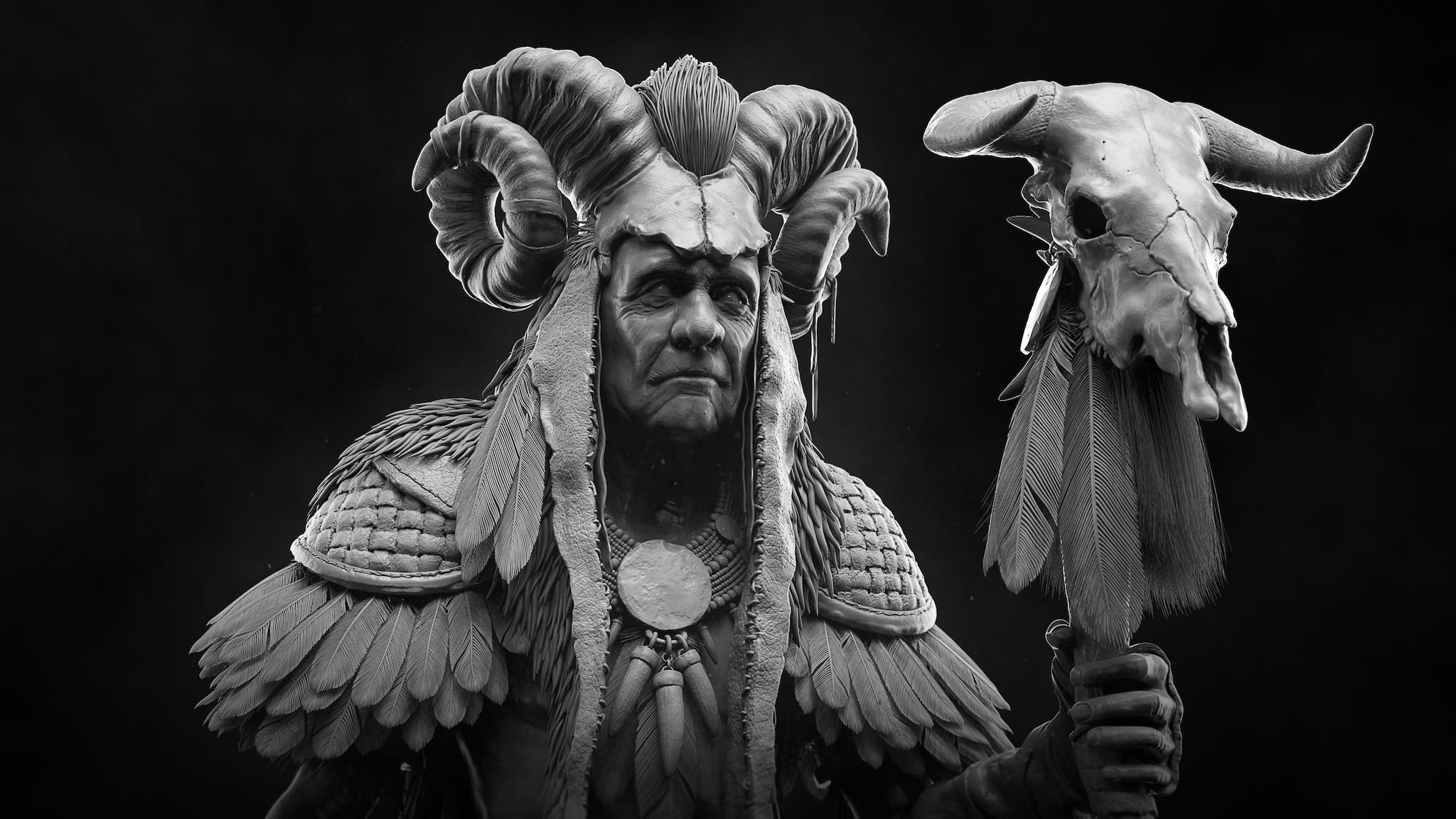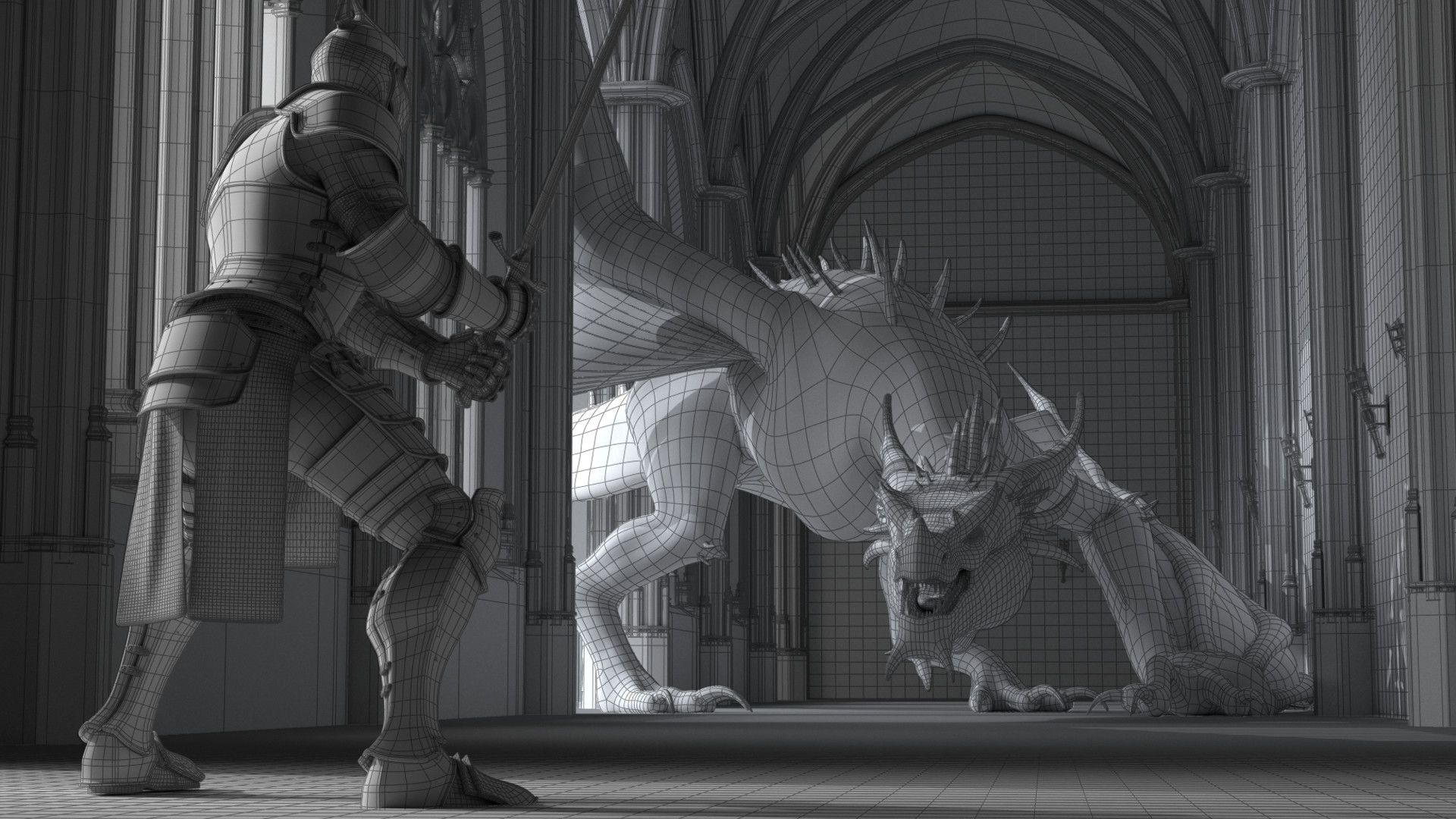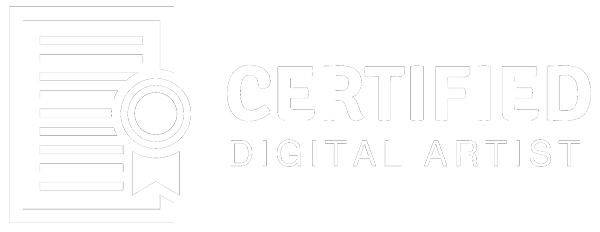What is a Modeler?
A 3D modeler is responsible for bringing characters and animations to life. The term “3D modeling” refers to the process of creating a three-dimensional representation of an object using specialized software. This representation, called a 3D model, can convey an object’s size, shape and texture. You can create 3D models of existing items, as well as designs that have not yet been built in real life.
More specifically to the Visual Effects industry, a modeler is responsible for creating all the characters, props and environments needed to recreate the real-world and trick the viewer into believing they are real, and not digitally created.
Entry Level Skills & Capabilities
The following information outlines the exact skills you need to demonstrate as a Certified Digital Artist. You must be proficient and capable of completing all these skills and capabilities.
1. Communication skills
- Strong communication skills to describe and present your work with confidence
- Willing to show progress frequently and able to receive and discern feedback objectively
2. General Skills
- Ability to collect photographic reference of a real-world object and create it as a 3D digital model
- The ability to translate 2D concept art into 3D assets
- Strong understanding of digital cameras and working with photographic reference and video plates.
- Ability to create and modify assets at different levels-of-detail
- Bonus: Capable of working with digital cyber scans and Lidar scans.Ability to collect and work with a set of photogrammetry reference images.
- Bonus: Capable of working with digital cyber scans and Lidar scans.
3. Hard Surface Modeling
- The ability to produce accurate, film-quality hard-surface models such as vehicles and props
- Model environments with the understanding of what needs to be modeled in and what needs displacement maps.
4. Organic Modeling
- Bonus: Good digital sculpting skills of organic shapes
- Bonus: Ability to create a character model with human anatomy
5. Environment Modeling
- Capable of creating trees, foliage, rocks, snow and other elements associated with a digital environment
- Capable of Set-Dressings a scene with added detail, interest and storytelling points to a 3D scenes
- Bonus: Ability to build large scale digital environments such as landscapes
6. Topology / UVs / Maps
- The ability to provide workable topology for applying UVs
- Demonstrate ability to work with multiple UDIM
- Demonstrate understanding of correct topology for deformation purposes in characters
- Ability to unwrapping a models UVs based on requirement for scene
- Demonstrate ability to organise UVs into 0-1 space
- Demonstrate correct pixel density and consistency in UV mapping
- Confident creating and applying basic texture map
- Bonus: Capable of minimising UV pelts and seaming.

Traditional Proficiencies
- Proficient using drawing tools such as pencils, pens, and paper.
- Proficient using painting tools (easels, paint brushes, paints)
Software Proficiencies
Ability to use one or more of the following software packages:
- Autodesk Maya
- 3dsMax
- Zbrush
- Mudbox
- Bonus: Topogun
- Bonus: 3DCoat
- Bonus: UV Layout
- Bonus: Houdini
- Bonus: Marvelous Designer
Prerequisites
These skills are equally important in terms of your understanding and ability to do this role. Although they are not skills or knowledge that is officially certified, it will be obvious to recruiters and Certified Digital Artist(CDA) reviewers if you have knowledge in these areas.
Art Fundamentals
- Perspective
- Lighting
- Composition
- Anatomy
- Colour Theory
- Form
Life Skills & Communication
- Thinking Critically
- Communication Skills
- Conflict Management
- Taking initiative
- Collaboration
- Time Management

Portfolio Projects
Roles in Creative Media & Entertainment industries are quite different to traditional roles. As a Digital Artist, you need to prove your creative and technical abilities which requires an online portfolio filled with projects that showcase your work. One or more of the following projects should be included in your digital portfolio to demonstrate your skills and abilities to perform the required skills of this role.
- Create a 3D digital prop based on photographic reference. Demonstrate accuracy, good topology, clean UVs, and photorealism.
- Create a 3D environment based on photographic reference. Demonstrate accuracy, good topology, and clean UVs. This can be highly detailed, or blocked out with simple shapes and accurate cameras that use a backplate
- Create a 3D prop or vehicle based on a 2D concept art image.
- Create a 3D character that demonstrates your understanding of human anatomy
- Create a 3D biped or quadruped that demonstrates your understanding of anatomy and creatures.
- Create different LOD assets with clean UVs, from a highly detailed Lidar scan, Cyberscan or Photogrammetry model.


